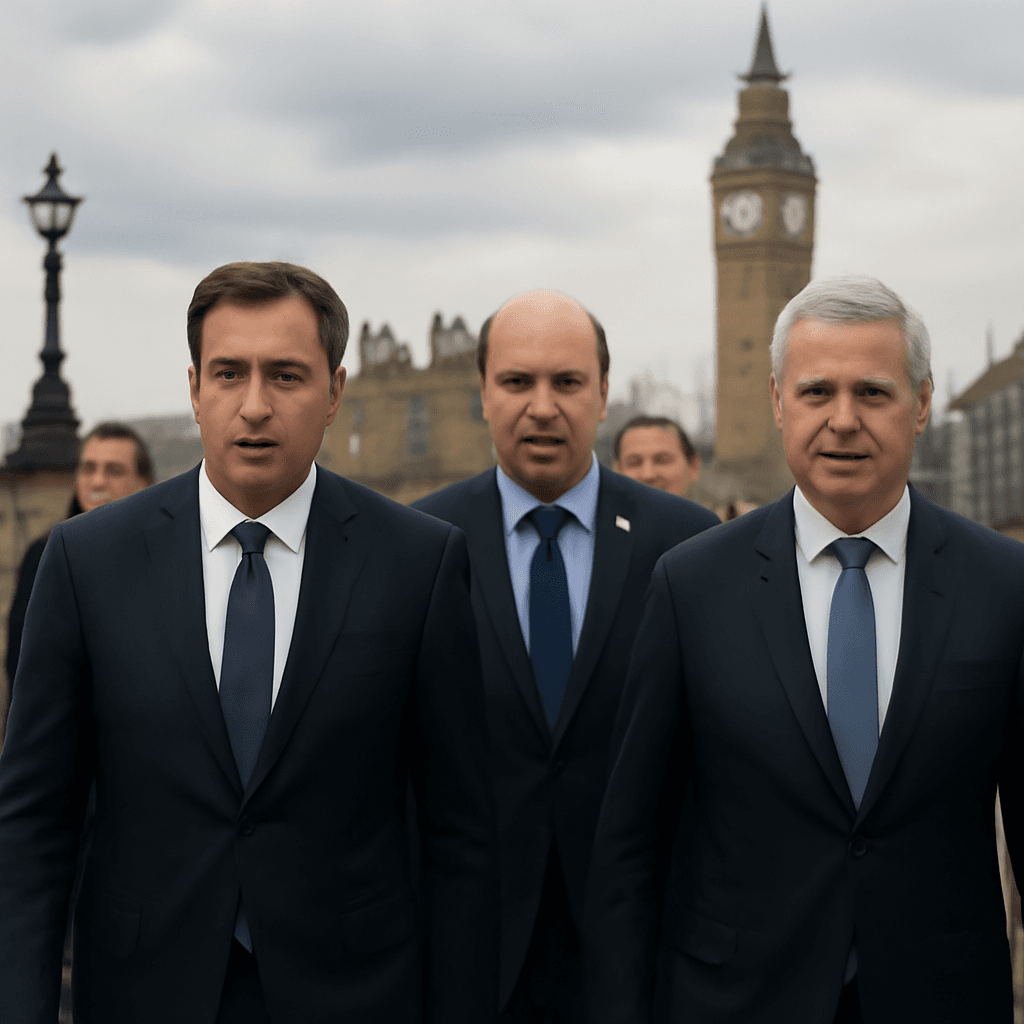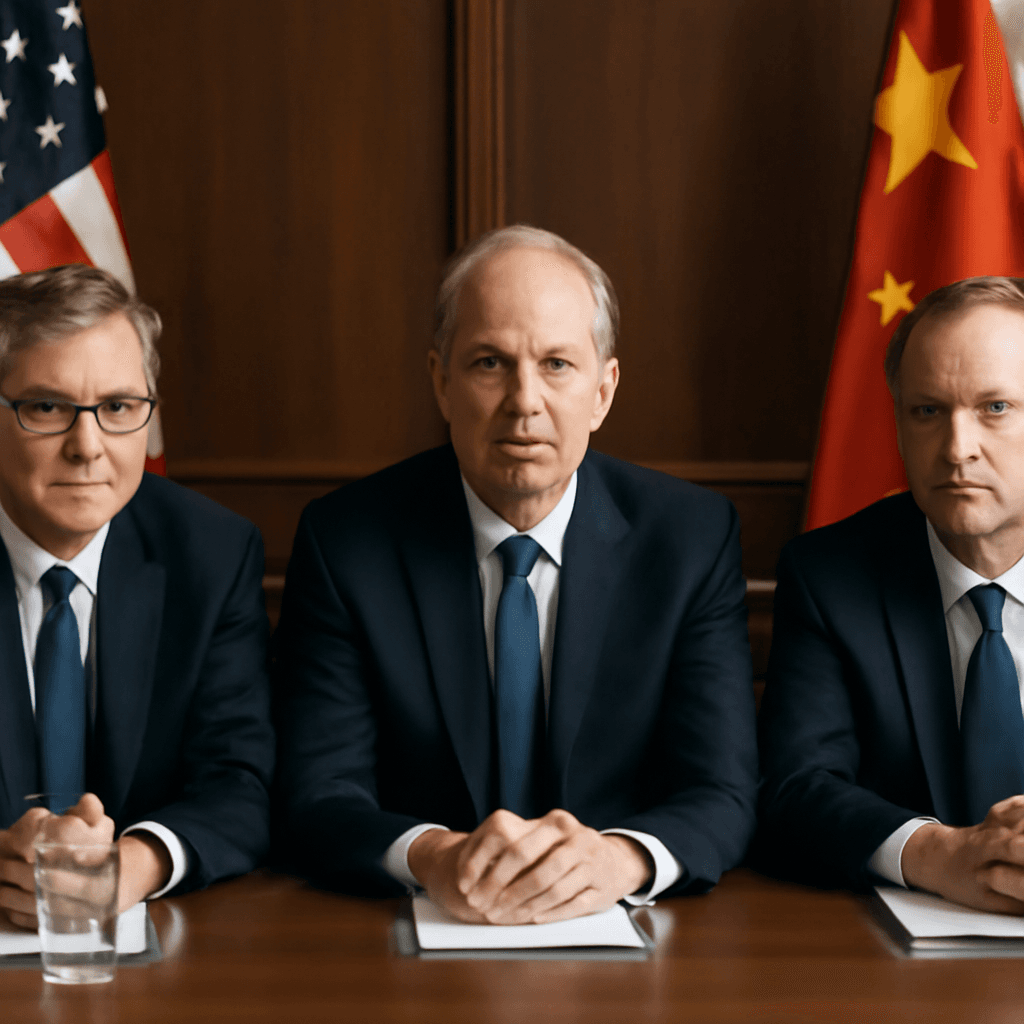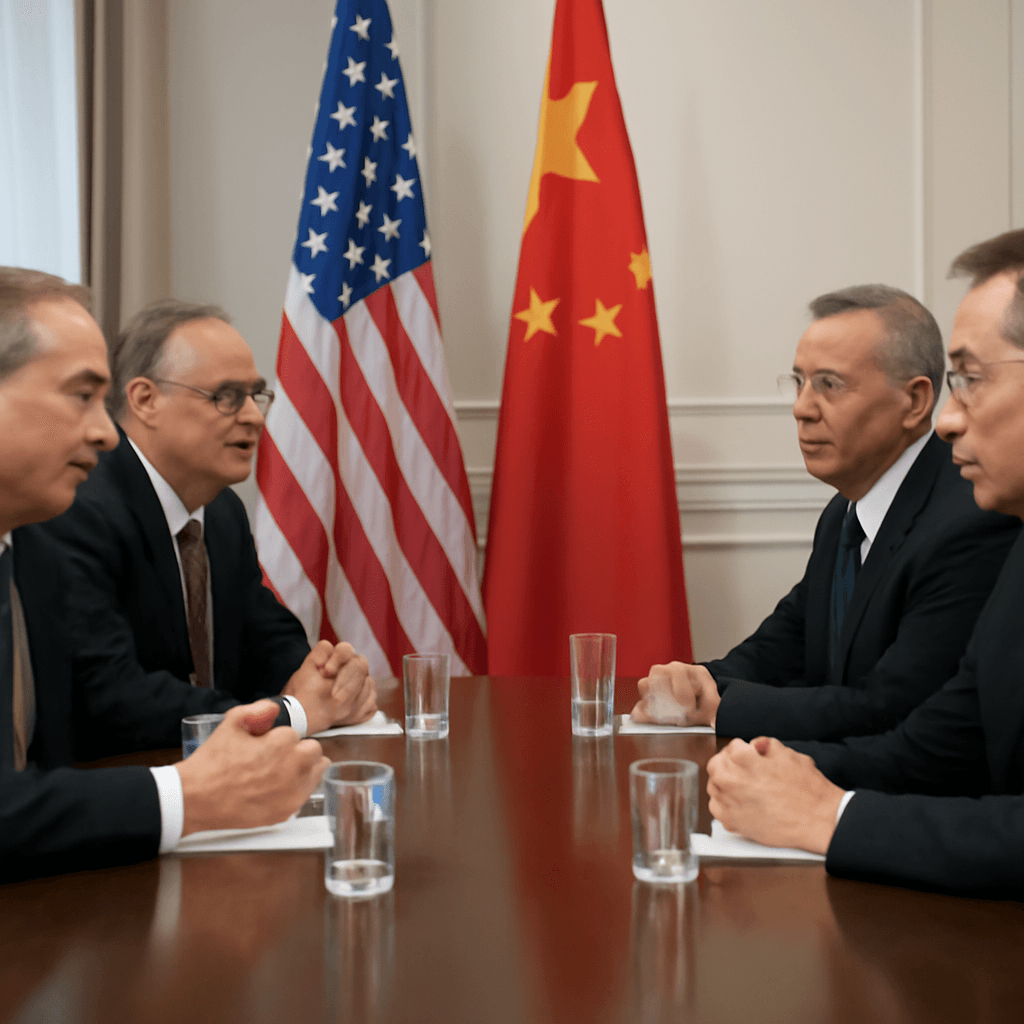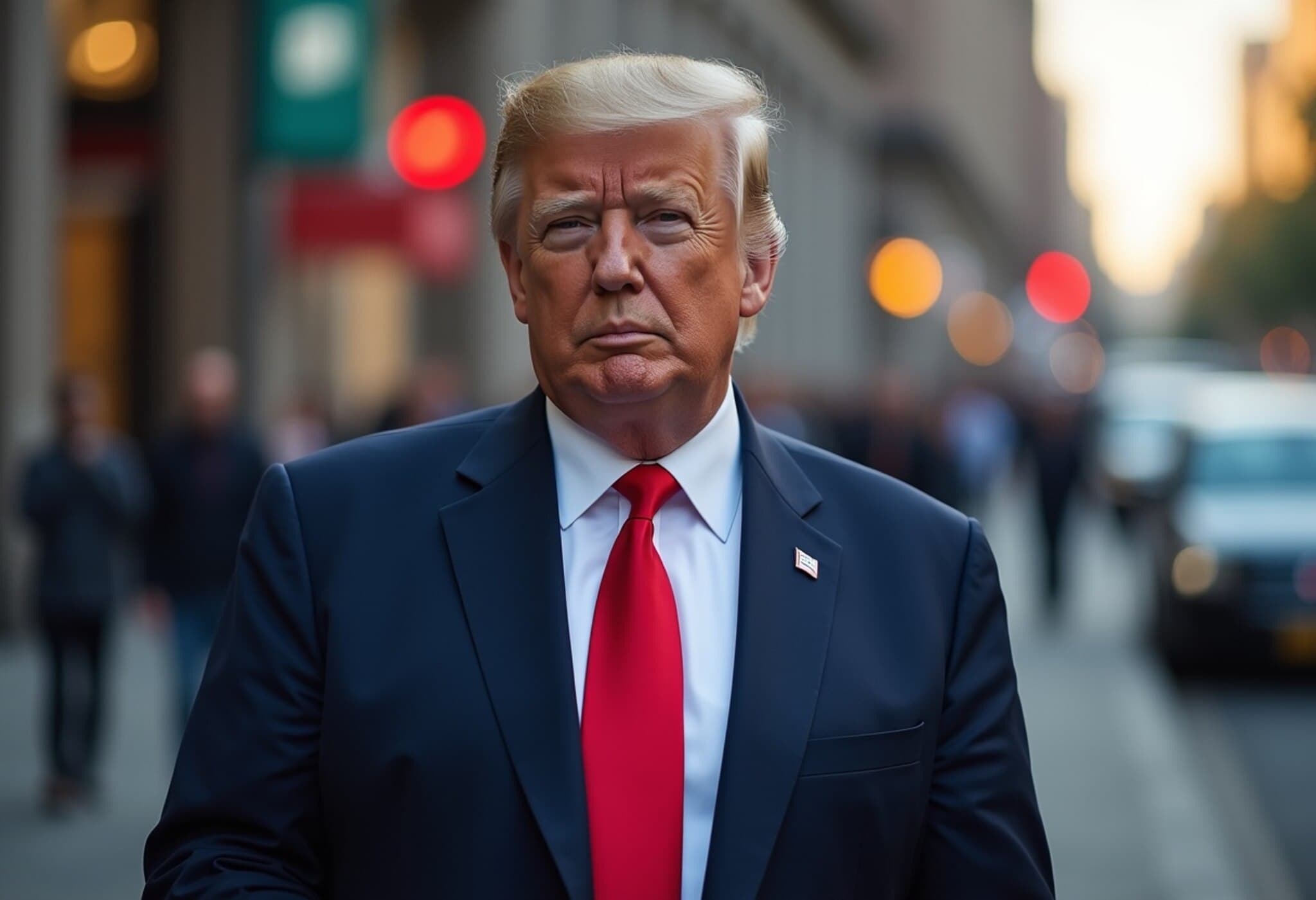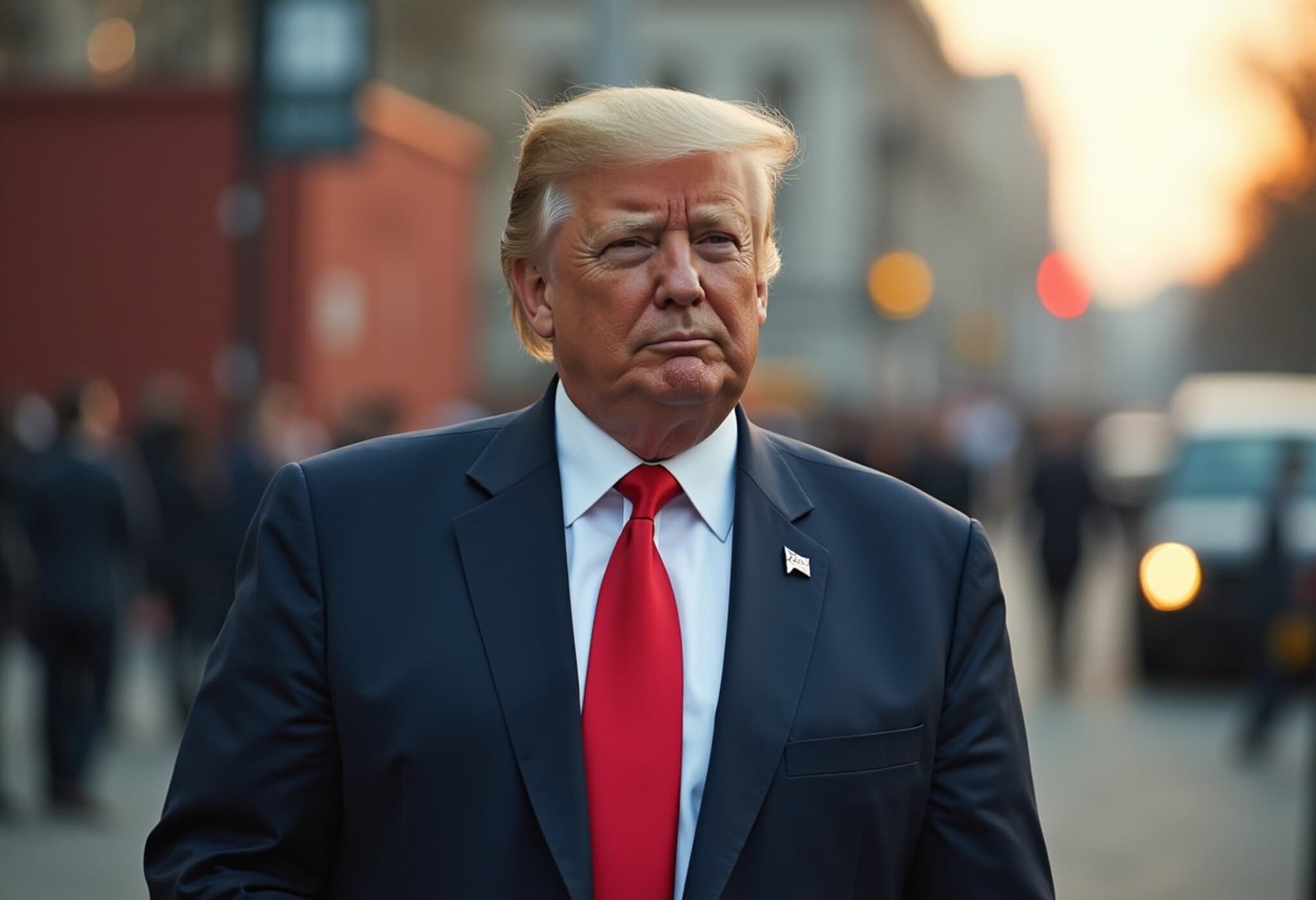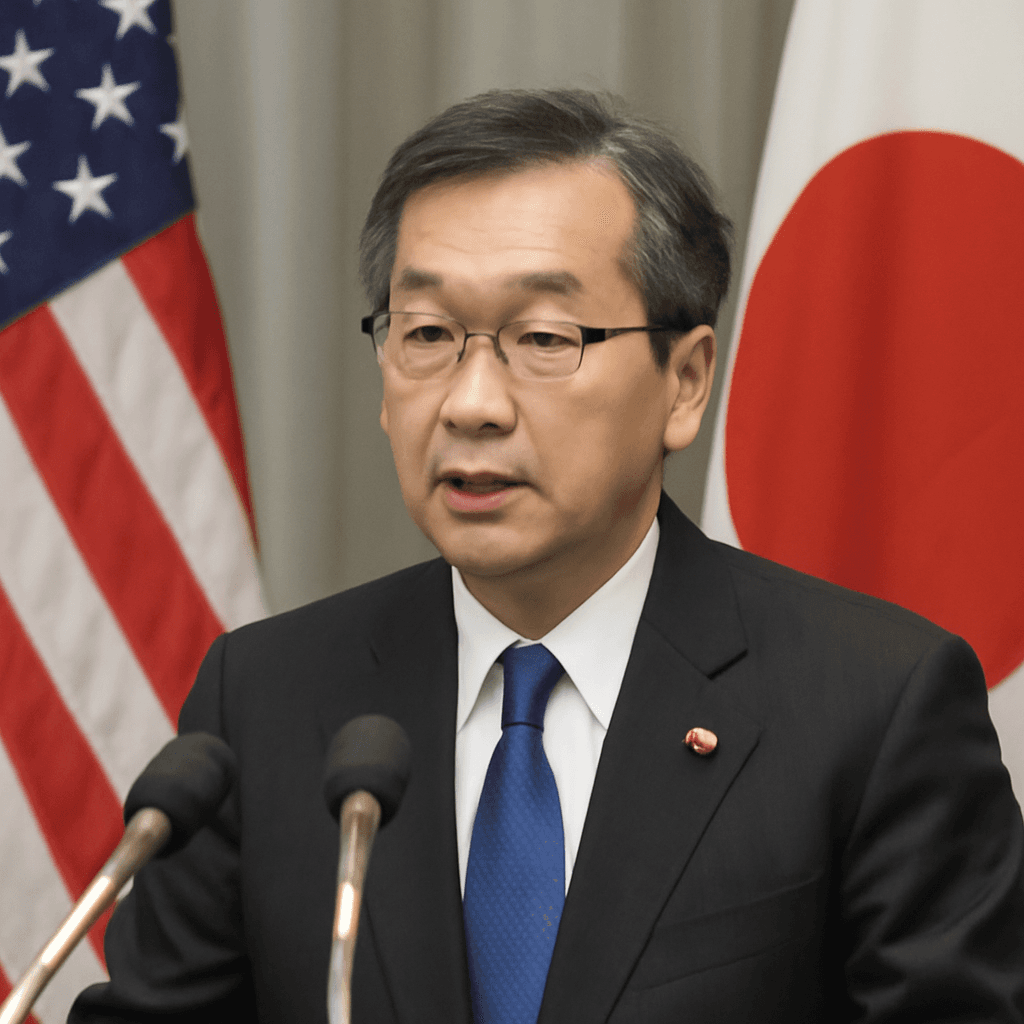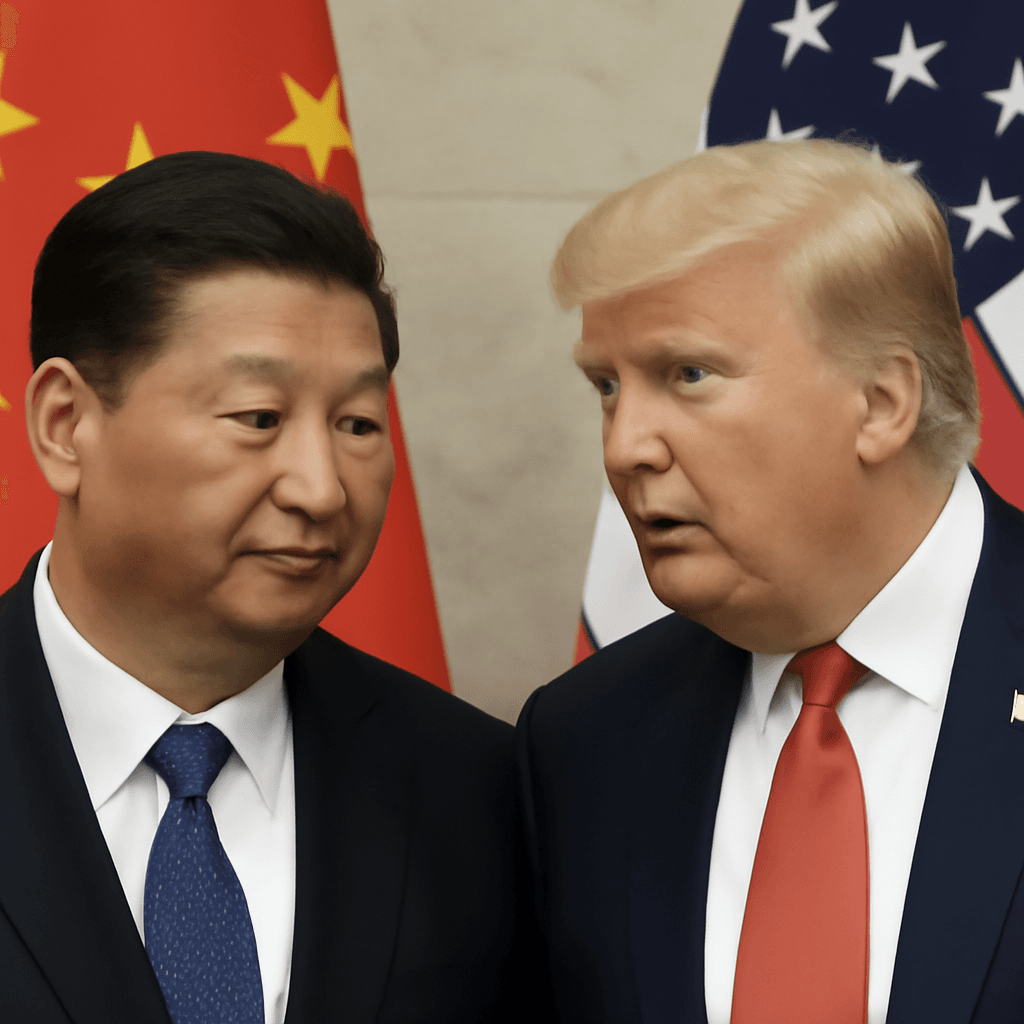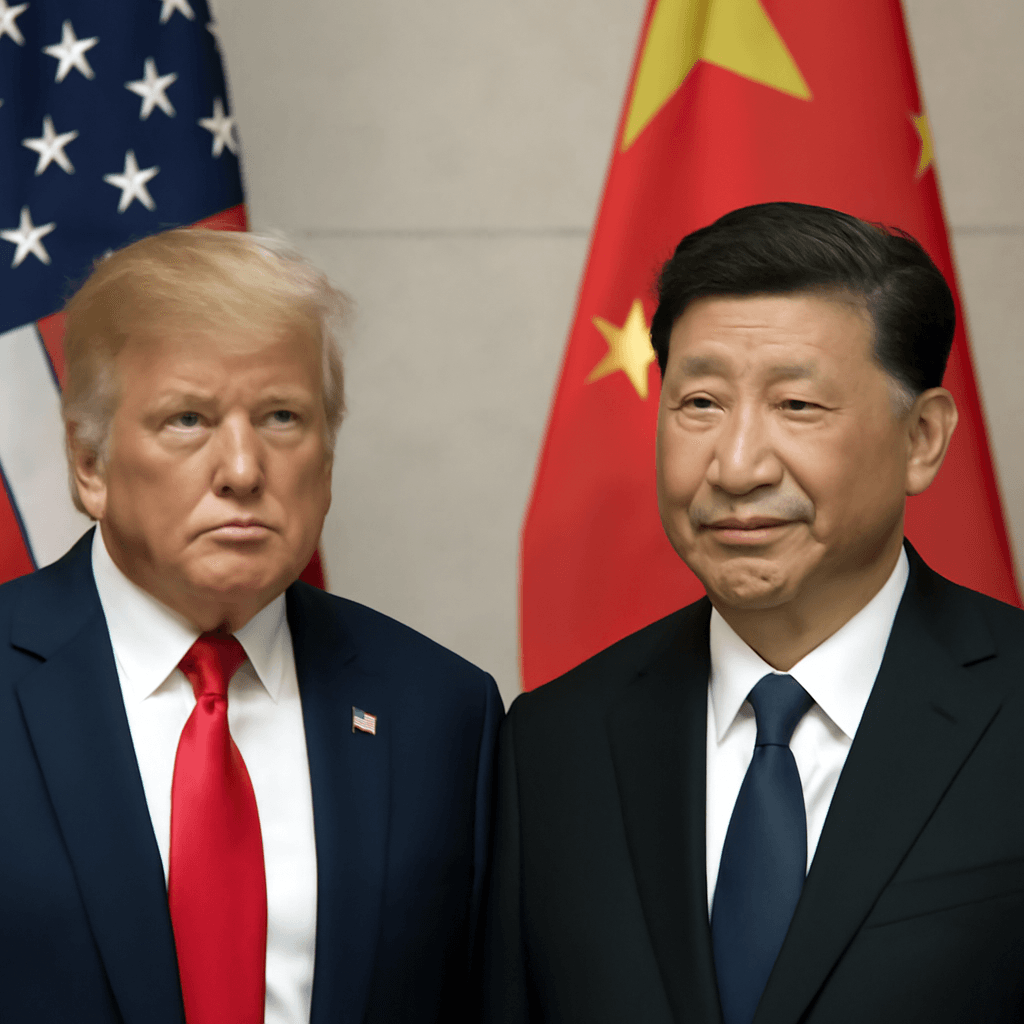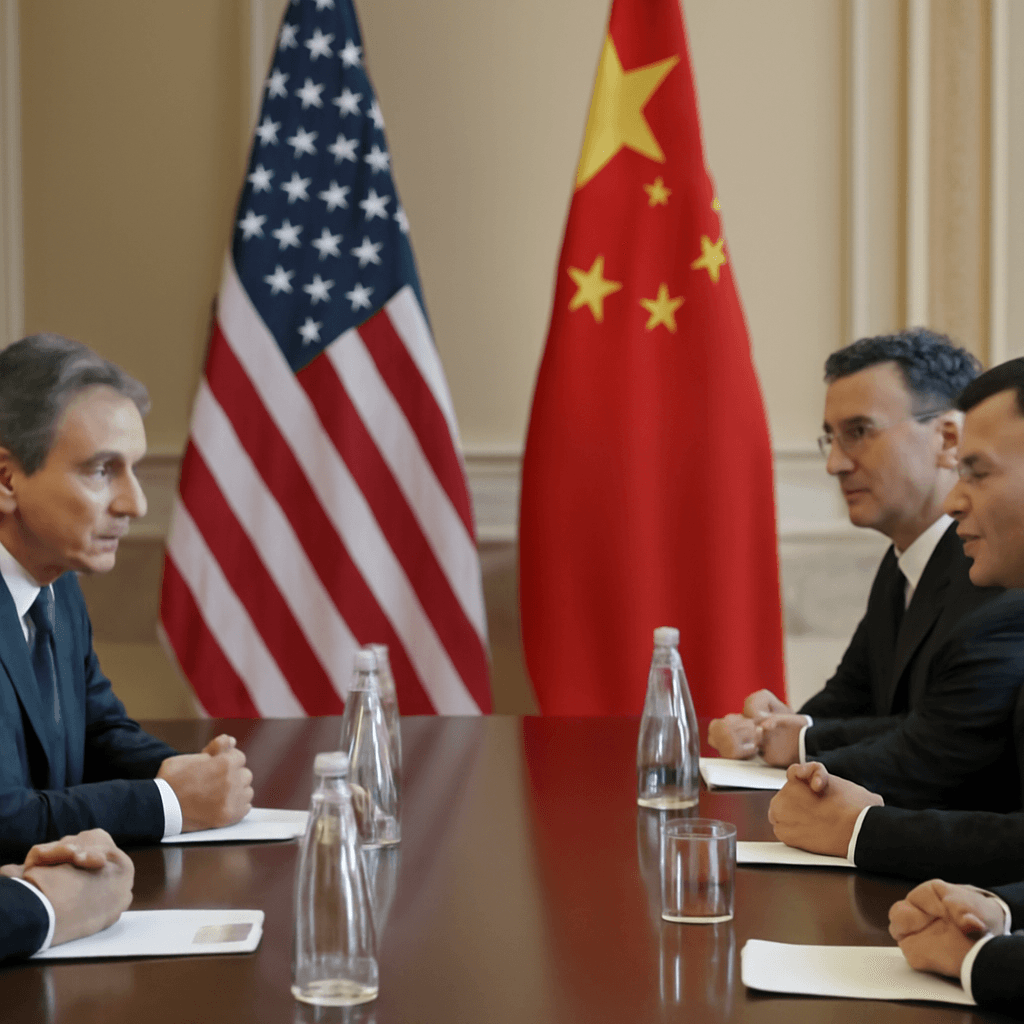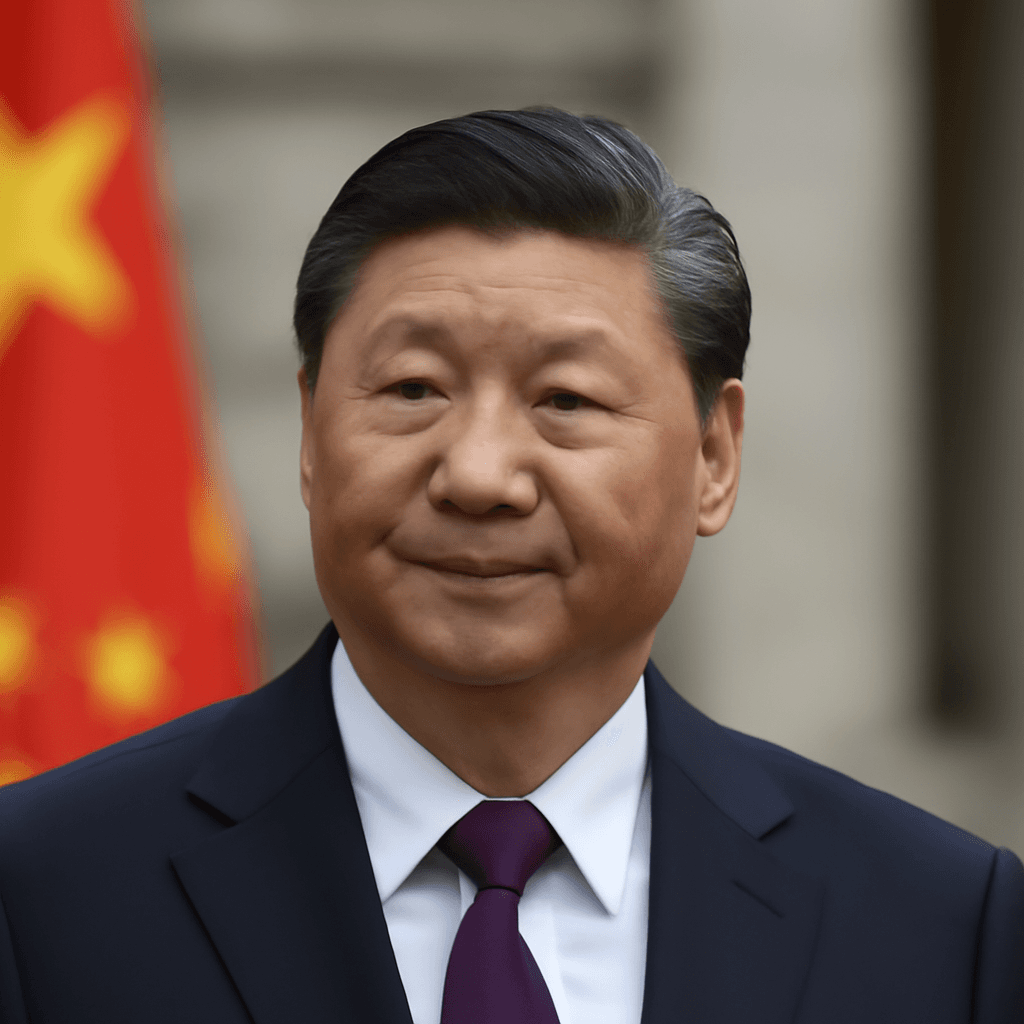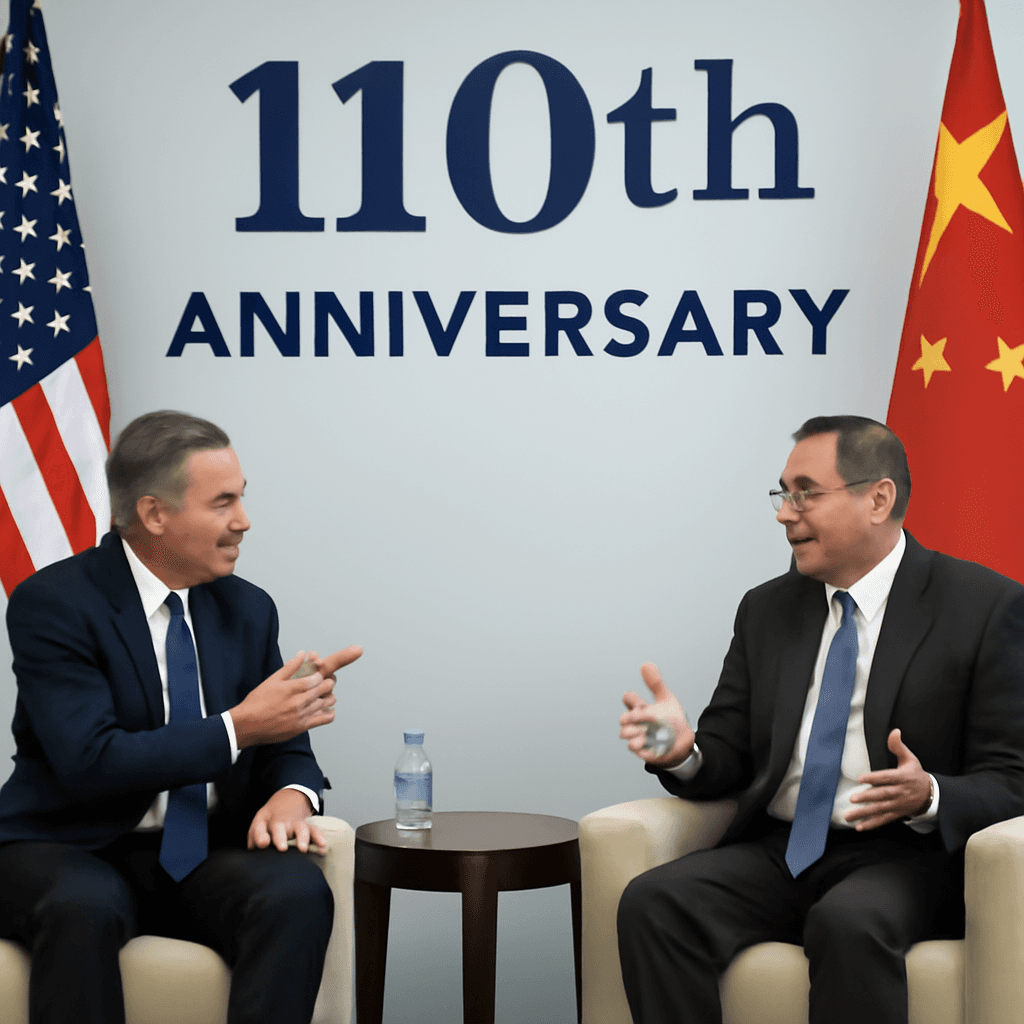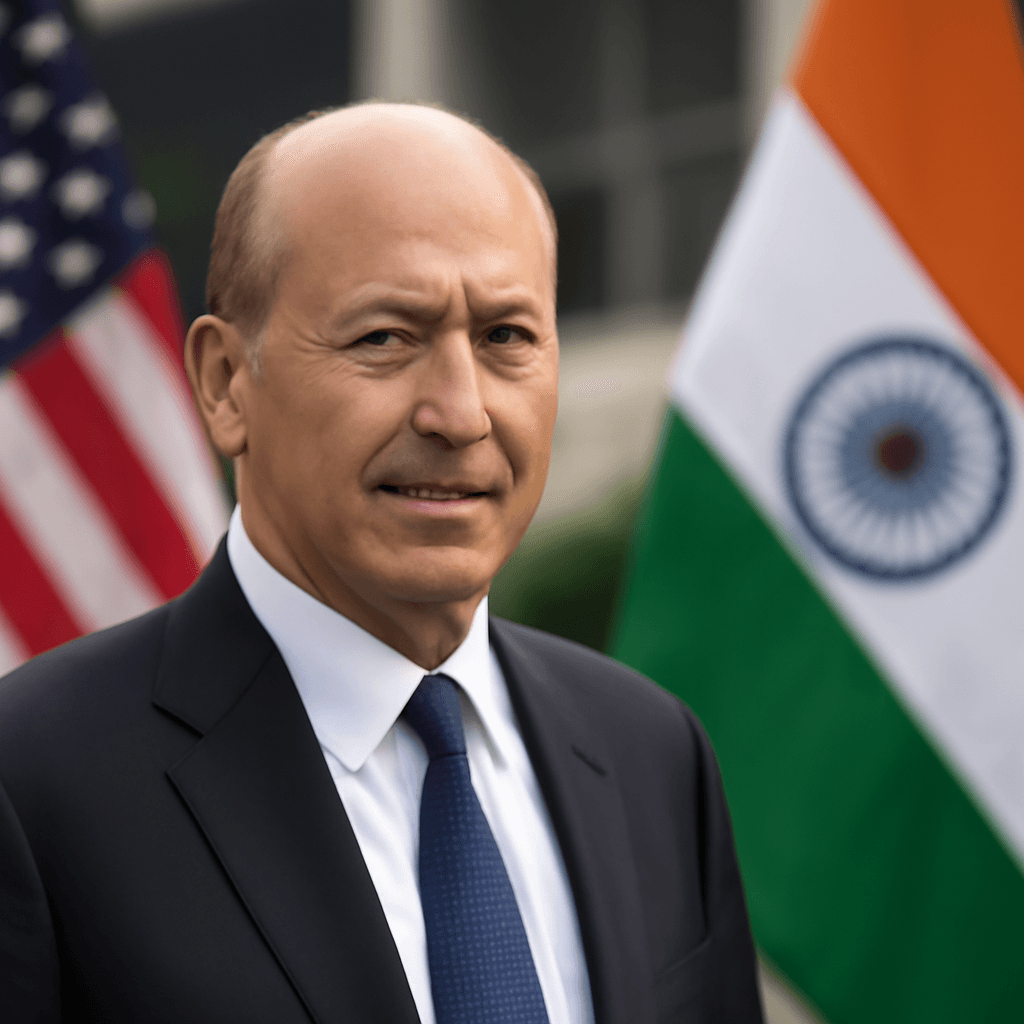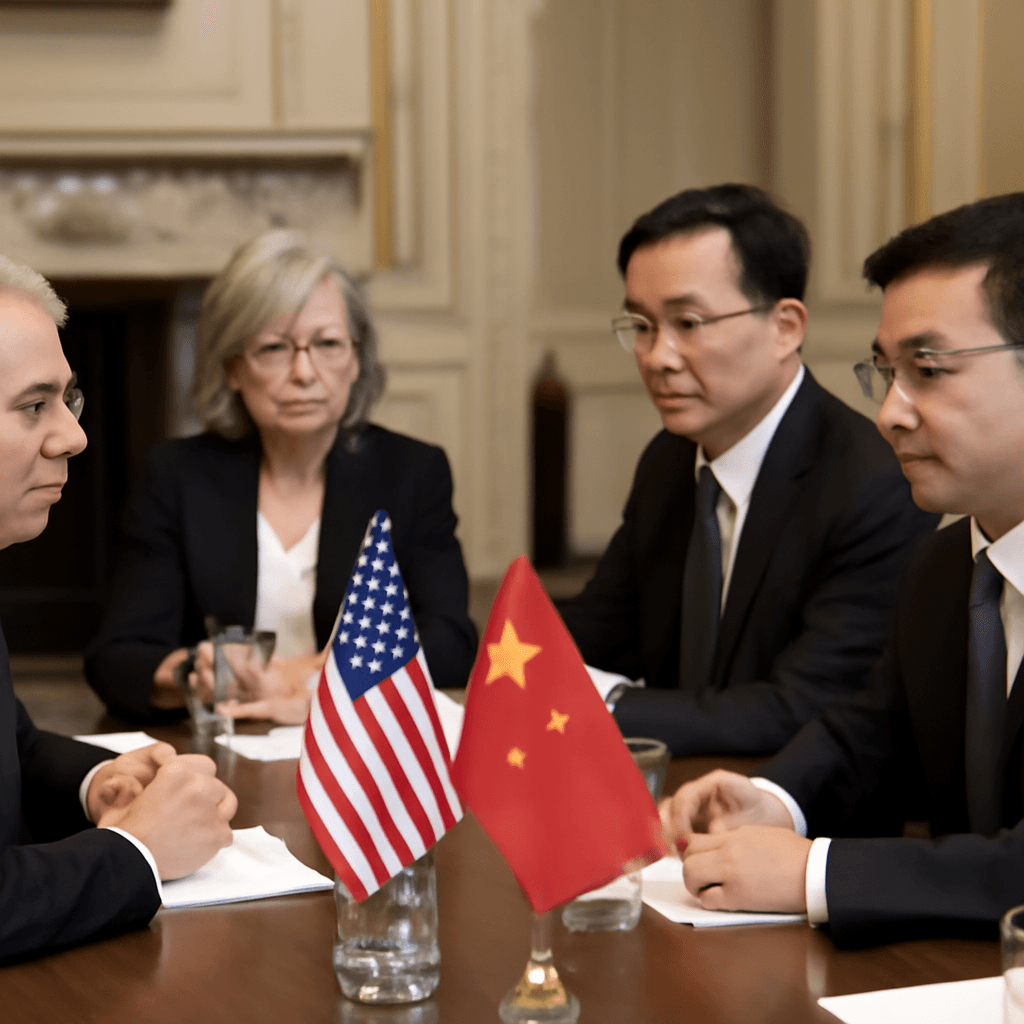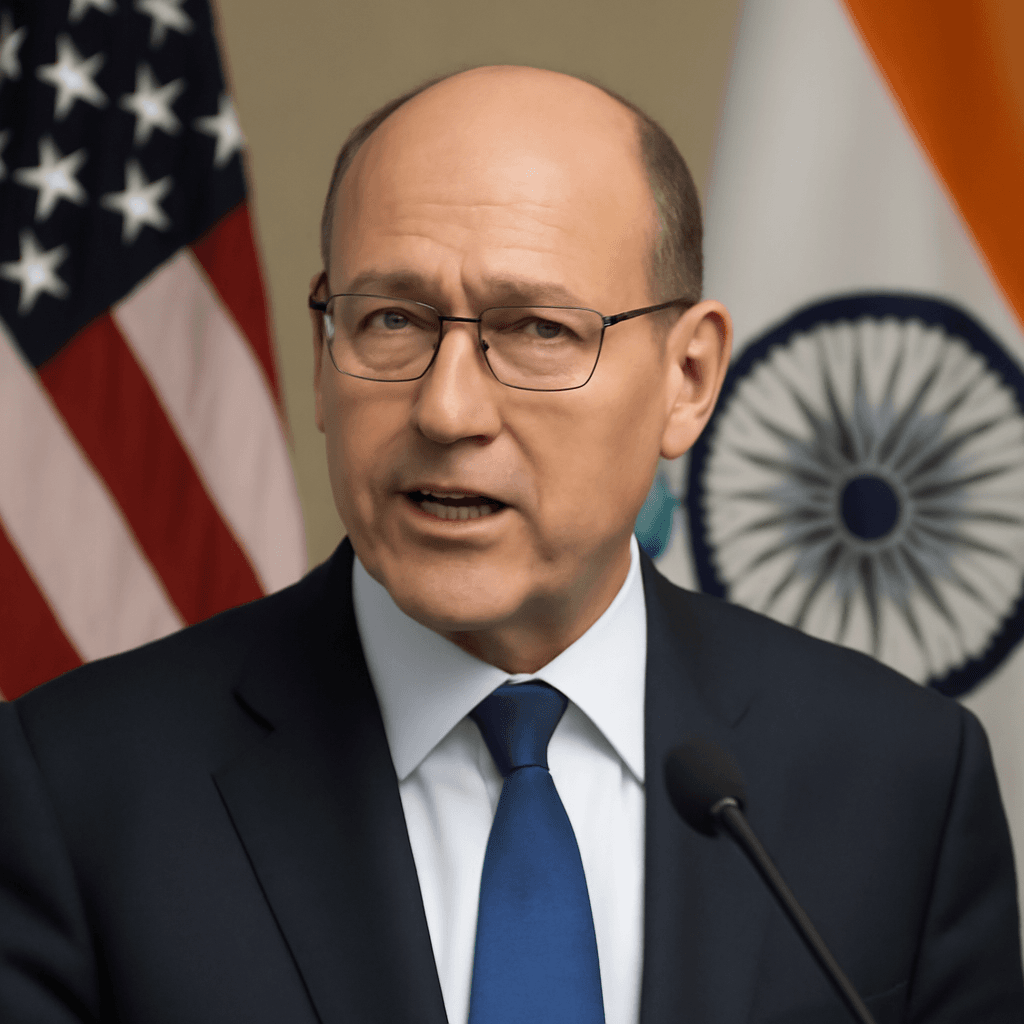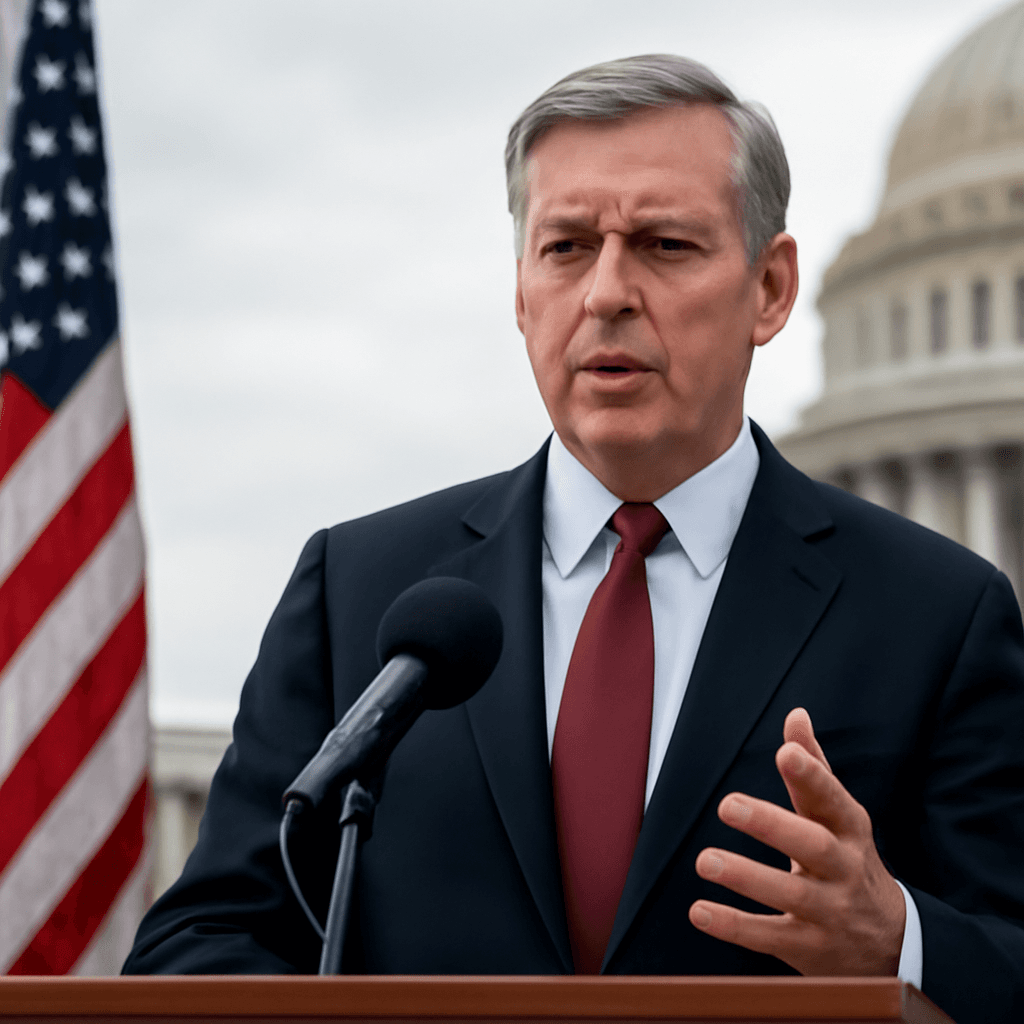US-China Trade Negotiations to Resume in London
Treasury Secretary Scott Bessent, alongside Commerce Secretary Howard Lutnick and U.S. Trade Representative Jamieson Greer, is slated to meet with Chinese counterparts in London on Monday for critical trade discussions. This announcement comes from President Donald Trump as both nations seek to navigate an ongoing trade conflict affecting their economic relationship.
Background of the Trade Conflict
The United States and China have been engaged in a trade war marked by tariff impositions and retaliations that have strained global markets. Last year, bilateral trade in goods exceeded $700 billion, underscoring the high stakes for both countries. Though a partial easing occurred following talks in Geneva last month—featuring a temporary reduction of tariffs—frictions remain sharp.
Key Issues Under Discussion
- Tariffs and trade barriers: Both sides agreed to temporarily decrease tariffs after Geneva but have since encountered setbacks.
- Technology and semiconductors: China criticized the U.S. for restricting its semiconductor sector, citing limitations imposed on the chip industry.
- Visa restrictions: The U.S. decision to revoke visas for certain Chinese students has fueled additional diplomatic friction.
- Rare earth minerals: The U.S. alleges China is delaying approval for exporting critical minerals, essential for various industries, despite prior commitments.
Statements from Leadership
Following a substantial telephone conversation with Chinese President Xi Jinping, President Trump expressed optimism about the upcoming talks, stating, "The meeting should go very well." He also emphasized the complexity surrounding rare earth products, indicating ongoing sensitivity and strategic importance in these discussions.
Outlook and Next Steps
With trade talks resuming amidst persistent challenges, both nations appear committed to seeking diplomatic solutions to their economic disputes. The London meeting represents a vital opportunity to stabilize trade relations that have broad implications domestically and globally.

